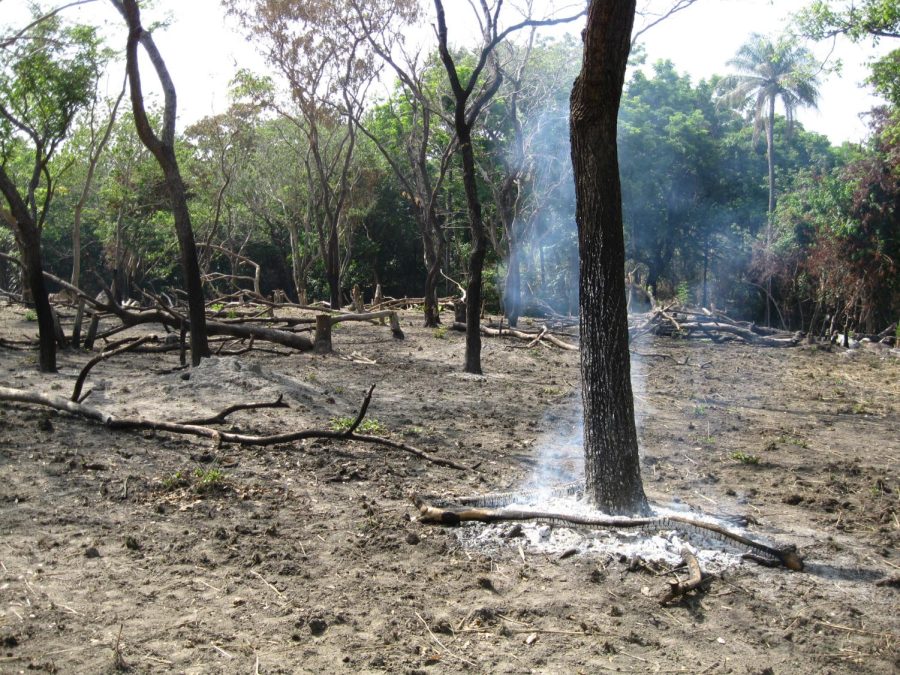‘The Lorax’ was right
Respecting environment helps preserve the planet
Many remember the Dr. Suess classic “The Lorax,” which is a cautionary story that is more than just a little, talking orange fuzz ball that “speaks for the trees.” A boy who travels to the far end of the town where the wind is sour and land is dead and gray, finds the house of the evil Once-ler and learns the story of how his town became so polluted. As the Once-ler described a land that used to be pure and colorful, he mentioned beautiful Truffula trees that were of particular interest to him. The Once-ler created the wondrous Thneed everyone wanted that consisted of the luscious Truffula tree.
As the expansion of production of “Thneeds” continued to grow, the amount of trees in the area declined fast. This was something that the Once-ler was warned of by the Lorax, but decided to ignore. The story ended with the Once-ler sending the boy off with the last ever Truffula tree seed and a hope that he could bring back the borderline extinct exotic tree.
Although this childs’ story consists of fictional characters and fantasy trees, the message behind the tale is not far from the truth. The story targets the environment and how humans are destroying it bit by bit. As a result of the factories we are building and the waste that we are putting into nature, our planet is becoming more and more polluted.
Reducing forests and losing an exponential amount of trees can lead to habitat loss and fragmentation. Nearly 80% of the world’s documented species are found in the tropical rainforest. When forests’ ecosystems are destroyed, the Earth’s biodiversity is in turn threatened.
The Lorax story sounds the warning siren, but is ignored like environmental groups often are, until it is too late. Industries are not the sole culprit in this cautionary tale; they will only produce what they think consumers will buy. So on a certain level, people are all responsible for the fate of the environment. Dr. Seuss goes easy on us in his story, but our complicity is heavily implied. If humans, as consumers, are so easily swayed by the next big thing, without regard for how it is made, then this is the world people will end up with.
It is not implied that we should simply not cut down trees, wood is an essential part of daily life. The use and waste of wood, or anything for that matter, can always be reduced for the better of our future.
According to populationeducation.org, “Today, deforestation, changing land use patterns and unsustainable management of forest resources are responsible for a total loss of over 15 billion trees each year!”
At the least, replanting what we use can be a start to making sure that we are not biting off more than we can chew for future purposes.
“Unless someone like you cares a whole awful lot, nothing is going to get better. It’s not,” the Lorax said.



